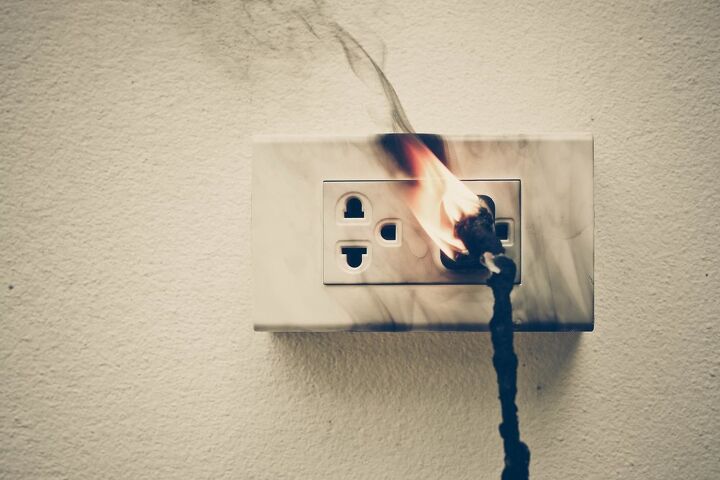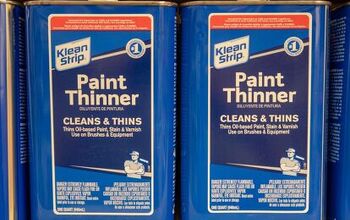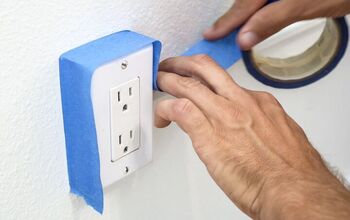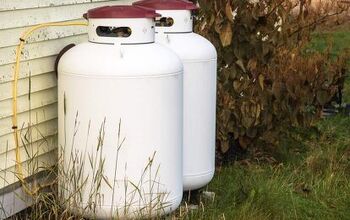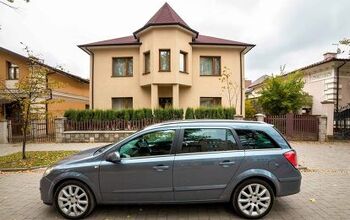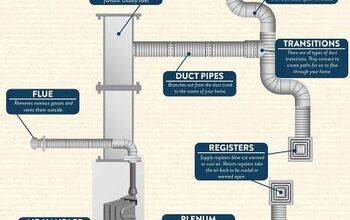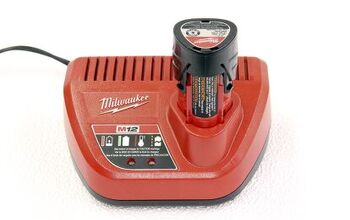Can You Put Out An Electrical Fire With Water? (Find Out Now!)

Electrical service is a hallmark of modern civilization. Having electrical service is so common we tend to take it for granted. However, there are times when electricity becomes a problem. An arc or short circuit in an electrical system can quickly start a fire you our home. Many people wonder if an electrical fire can be extinguished with water?
Never put water on a fire that is electrical in nature. Water and electricity create a dangerous and often lethal combination. Water can conduct electricity which could put you in the path of the electrical current. An electric shock, even from a common household circuit, can inflict serious injury or cause death.
Every home needs a small dry powder fire extinguisher suitable for electrical and oil fires. Grease fires in kitchens are one of the most common causes of residential fires. Extinguishers come in different types meant for different applications. Understanding when and how to use the proper fire extinguisher can be the difference between extinguishing a fire or making it worse.
Do You Need Fire Protection and Prevention Services?
Get free, zero-commitment quotes from pro contractors near you.

The Do’s and Don’ts of Putting Out an Electrical Fire
If you are faced with an electrical fire in your home, there are some things you absolutely don’t want to do. The safe steps to dealing with an electrical fire can keep you safe and prevent further damage to your home. Let’s start with the things you should never do in the case of an electrical fire.
Don’t Use Water To Extinguish the Fire
Never put water on a fire that involves live electrical currents. If the fire is started by an overheating appliance or a short circuit, water is the last thing you want to use in this situation. Putting water on an electrical fire can worsen the situation and may put you at risk of electrocution.
Water is a good conductor of electricity. Using water to extinguish an electrical fire may put you in the electrical circuit. The electricity may follow the water back to you. If you become part of the damaged electrical circuit, the electrical current may flow through you. This can cause burns, internal injuries, or even death.
Do Use a Fire Extinguisher Rated for Electrical Fires
All fire extinguishers have a rating that indicates what type of fire you can use the extinguisher on. We have all seen fire extinguishers with a big label on the front with letters in big colored blocks and numbers. The three basic fire extinguisher ratings are:
- Class A Extinguishers – Class A rated fire extinguishers should be used on fires that start in paper, wood, textiles, and plastics.
- Class B Extinguishers – Class B extinguishers are to be used on flammable liquid fires. Flammable liquids include cooking oils, motor oil, gasoline, kerosene and paints. It is always a good idea to have small Class B extinguishers handy in your kitchen.
- Class C Extinguishers – Class C extinguishers are designed for fires where live electrical circuits are in use. The material used in Class C fire extinguishers is non-conductive and safe to use where live electricity is present.
There are fire extinguishers that are rated for A, B, and C fires. These multi-rated fire extinguishers are the best option for homeowners. The National Fire Protection Administration recommends that every home have at least one fire extinguisher rated for all three types of fires.
Do Use Baking Soda
For very small electrical fires, a box of baking can be an effective extinguishing agent. Many Class C fire extinguishers use common backing soda as the main ingredient as their fire fighting material. Small electrical fires such as an appliance that short circuits can be extinguished by smothering the fire with baking soda.
Do Try to Shut Off the Electrical Power
Electrical wires really don’t burn. The insulation may scorch and melt. The real danger is the electrical arc can set other materials close at hand on fire. Often, if you can unplug the appliance or turn off the circuit breaker, you can stop the electrical arc. Without the electrical arc to initiate the burning, the fire in the other materials will often slow or even stop.
Take care if trying to unplug the electrical cord at the outlet if an appliance is involved. The cord may be hot or even partially melted, which can cause severe burns. Protect your hands and fingers if you try to unplug a malfunctioning electrical appliance.
If you are familiar with the circuit breaker panel in your home, turning off the proper circuit breaker stops the flow of electricity. If all else fails, turn off the main breaker on the service panel and shut down all of the electricity in your home.
With the electricity turned off, you can more safely deal with the aftermath of an electrically started fire.
Do Call The Fire Department
Even if the fire is small and you successfully put out the blaze, you should call your local fire department. Electrical fires can be sneaky. You may think you have the fire put out only to discover a fire in other parts of the electrical circuit.
Firefighters are trained and have the specialized equipment to check your home for hidden fire extensions. Better to make sure that everything is properly tended to than risk more damage to your home.
In addition, the firefighters will get information about what caused the electrical fire, how it behaved and any equipment involved. This information is collected and analyzed to look for trends. In some cases, appliances and other equipment have been identified that are defective. BY making this information available, you may help someone else avoid the same problem.
Don’t Try to Be A Hero
Fires of any kind are dangerous. A typical residential fire doubles in size every minute that it burns. A fire can quickly grow beyond your ability to control. Waiting too long to evacuate and call the fire department can be life-threatening. Don’t try and be a hero in your home. Be safe and let the professionals handle the situation.
Do You Need Fire Protection and Prevention Services?
Get free, zero-commitment quotes from pro contractors near you.

Electrical Fires Need Special Solutions
Never put water on a fire where live electrical power is present. This applies to any situation, including the smallest appliance in your home. Electricity is a dangerous thing when it gets out of control. Remember this advice about any fire that may occur in your home. When in doubt, get out!

Dennis is a retired firefighter with an extensive background in construction, home improvement, and remodeling. He worked in the trades part-time while serving as an active firefighter. On his retirement, he started a remodeling and home repair business, which he ran for several years.
More by Dennis Howard



